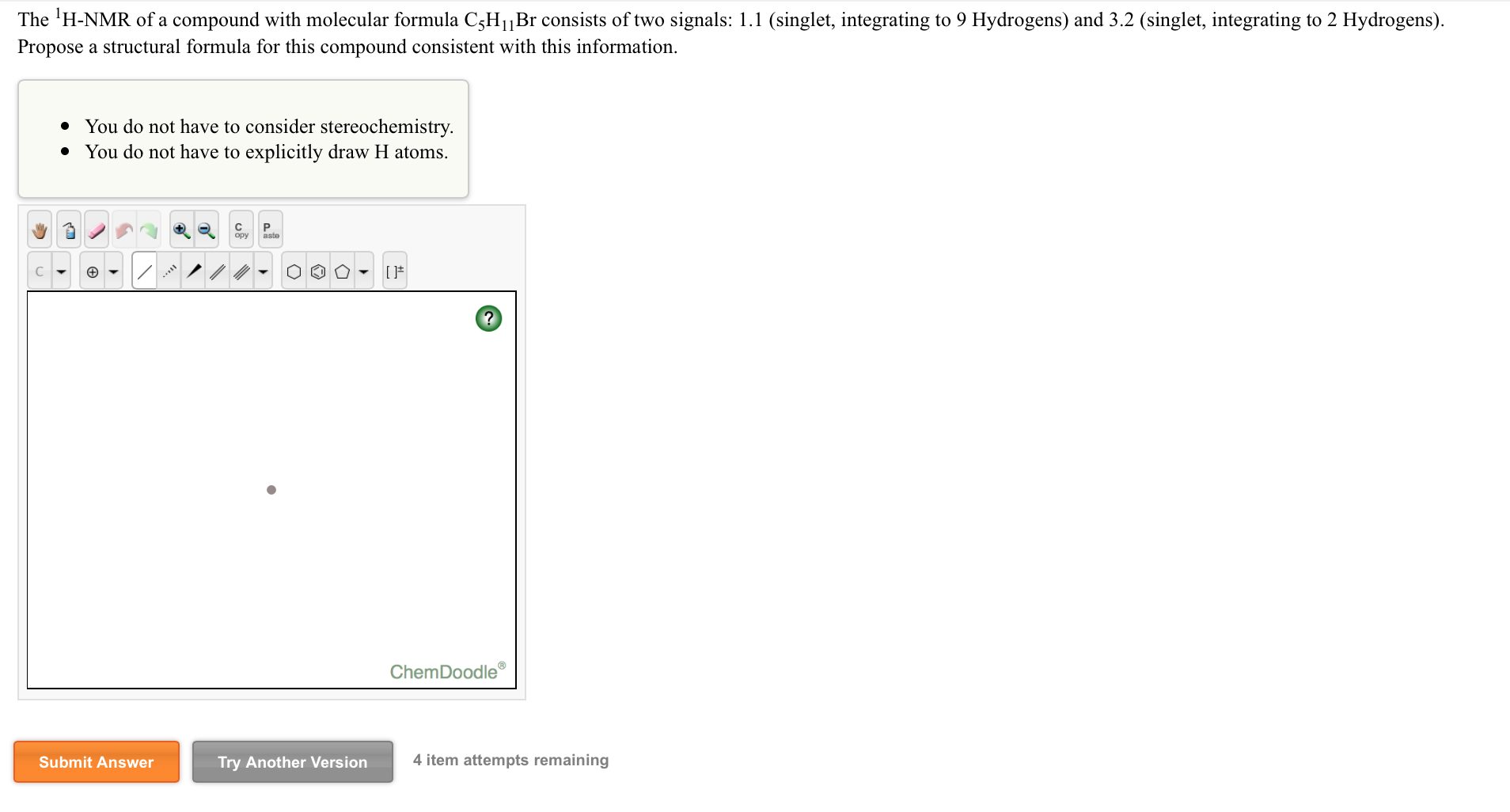
My rule of thumb is that secondary sources (including textbooks and I'd even go so far as to say review articles, particularly in major journals) inform what should be actually covered in the article (per WP:UNDUE), and primary sources are used as verification/justification of factual claims obviously there's some fuzzing that goes on between these two, particularly in highly technical articles. Smokefoot ( talk) 14:18, 17 October 2014 (UTC) Reply Agree that it's a sticky topic, hard to make hard-and-fast rules about this sort of thing, because you aren't going to get a lot of secondary sources on scientific topics which are nevertheless interesting and useful for the encyclopedia (and honestly, a lot of mainstream press about science topics is woefully misinformed as it is). This topic is not easy one, but maybe we can at least discuss it.

Is our goal to cite most of the remaining 8799 sources? Here I suggest guidelines for citations in articles on chemical compounds: This well intentioned action begs the question - which papers should be cited in a Wikipedia article? According to Chemical Abstracts more than 8800 reports discuss acetamide. Question for debate: the role of primary referencesĪ citation was added to acetamide today (cited 12 times since its publication in the 1930's).

37 A collection of papers in memory of Professor Michael Lappert.33 Request for comments and suggestions.27 One of your project's articles has been featured.26 "Specialists often omit such hyphens that are technically required by good English.".23 Imidazole tautomers and numbering system.18 Launch of WikiProject Wikidata for research.15 Rfc on terminology on electronic cigarettes.

13 Chemical structure drawing guide - why is white space required for PNGs?.10 Requested article: chemistry societies.7 US/UK spelling in templates (like Chembox).1 Question for debate: the role of primary references.


 0 kommentar(er)
0 kommentar(er)
